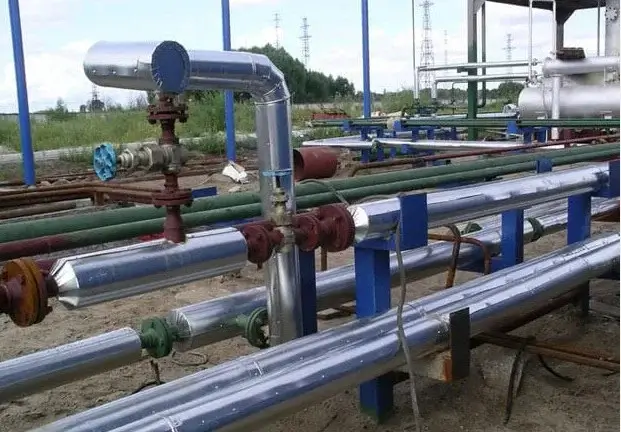Features of automated calculation of a steam pipeline
Features of automated calculation of a steam pipeline
Calculation of steam pipelines is an important task in the design of industrial systems. Thanks to automated calculation programs, this process has become faster and more accurate. However, there are specific features and nuances that should be taken into account when working with steam pipelines.
Advantages of automated calculation
Automation of steam pipeline calculations allows engineers to obtain accurate results with minimal time. Key benefits include:
- Accuracy:Programs take into account multiple parameters such as pressure, temperature and steam velocity.
- Time savings: Calculation is significantly faster compared to manual methods.
- Optimization: Automated systems offer optimal pipe diameters and wall thicknesses to ensure safe operation.
Key calculation parameters
For the correct calculation of a steam pipeline, it is important to take into account several parameters. Among them:
- Steam pressure and temperature:the choice of pipeline material and its diameter depend on these characteristics.
- Flow speed:Too high a speed can lead to erosion of the pipeline walls, and a low speed can lead to inefficient system operation.
- Pipeline length: The longer the pipeline, the greater the pressure loss. li>
To study more deeply the features of calculations for industrial systems, we recommend that you read details of pipeline calculations.
Pipe materials for steam
The correct choice of material for a steam pipeline – the key to the reliability and durability of the system. Primary materials include:
- Stainless steel – resistant to corrosion and high temperatures.
- Carbon steel – used for lower temperature applications.
- Alloy steel - used for high temperatures and pressure.
Stages of automated calculation of a steam pipeline
The process of automated calculation of a steam pipeline includes several important stages, each of which is necessary to obtain accurate results . Let's look at the main steps:
- 1. Collection of initial data:At the first stage, data about the system is collected. This includes steam pressure and temperature, piping length and configuration, and environmental characteristics.
- 2. System modeling:Using specialized software, a digital model of the system is created. It allows engineers to visualize the flow of steam through a pipeline and account for changes in parameters.
- 3. Calculation of pressure losses:An important aspect of the operation of any steam system is the calculation of pressure losses along the length of the pipeline. High losses can lead to reduced system efficiency.
- 4. Pipeline diameter optimization:The automated system selects the optimal pipe diameter to minimize losses and ensure the required outlet pressure.
- 5. Selection of pipeline material:Based on calculations and data on temperature and pressure, a pipe material is selected that will ensure the durability and safe operation of the system.




